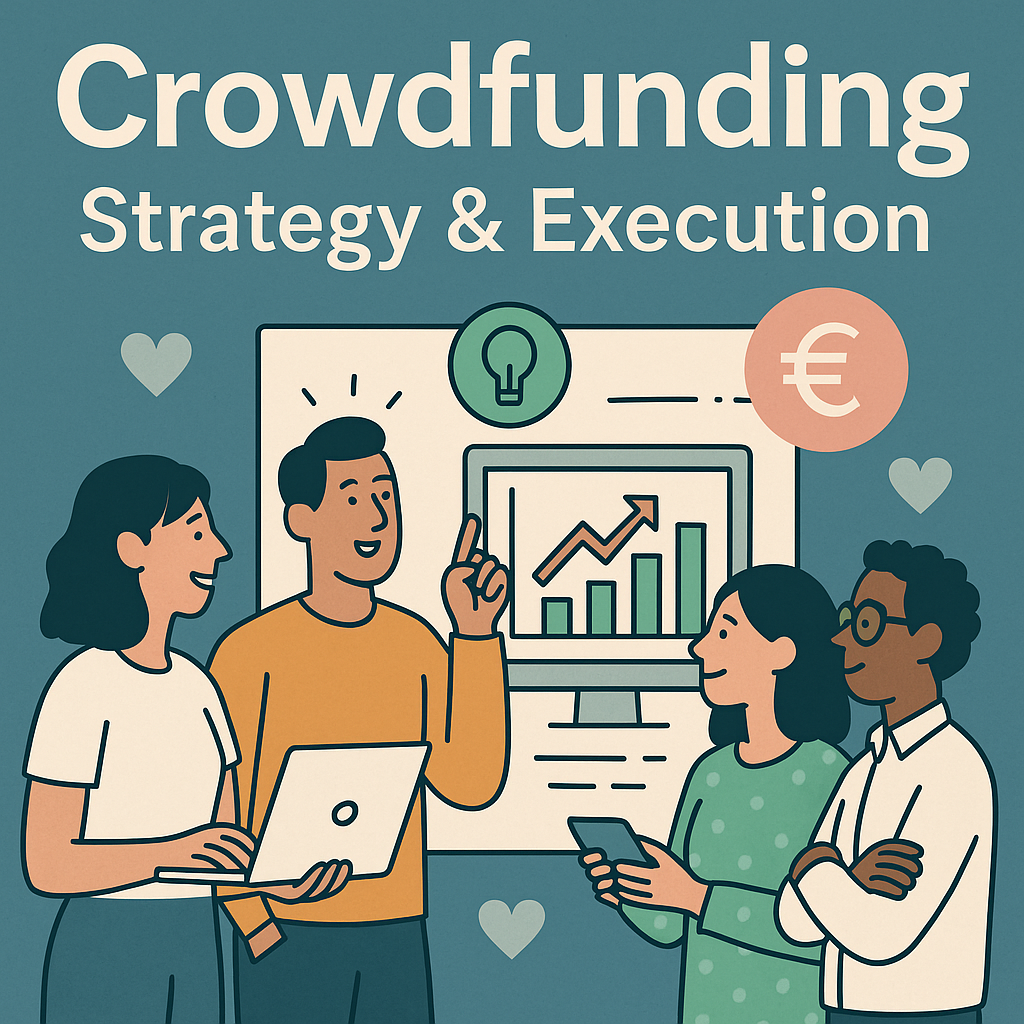

Crowdfunding
For those managing individual giving activities in higher education, crowdfunding has become an integral part of any fundraising strategy. However, with students taking classes remotely and the landscape of higher education changing, some may be wondering what the future of crowdfunding looks like.
To help with this, we’ve come up with a few ideas for ways that you can pivot your crowdfunding programme to ensure that it remains a sustainable part of your long term strategy.
Over the last few months, we’ve seen a huge surge in the number of research-led projects that have popped up on Hubbub partner platforms. And not just projects focused on tackling the issues that have been raised as a result of the pandemic but many other kinds of research initiatives where there are passionate groups of donors ready, and willing, to get involved.
Before 2020, crowdfunding for research projects was a bit of an enigma with only a handful of institutions finding success in this area. For example, the University of Oxford’s Oxreach platform has been crowdfunding for a variety of research projects for the past five years for initiatives such as the Africa Clubfoot Training Project and Smart Handpumps:
So, if research-led crowdfunding is something you and your team are keen to invest in, here are three ways you can get started.
On the whole, student-led crowdfunding projects are time-limited and rely on reaching a minimum amount before time runs out. But what if you’re looking to fundraise for a project without the traditional restrictions? Our crowdfunding platforms have a handy feature where users can turn any project into what we like to call an ‘evergreen’ project where you can fundraise for an unlimited amount over an unlimited period of time - perfect for department-led and more strategic projects.
Here are some ways that evergreen projects are being used by some of our partners.
Class giving
Whether tied to activities like reunions or graduating class gifts, evergreen projects can elevate the visibility of any fundraising ask that’s linked to a celebratory or competition-based event. Because donors are able to see the impact of their gift right away, it sparks the same motivation that donors see in something like a giving day - making giving that little bit more exciting.
Campaign pillars
It’s easy to think that crowdfunding should only be used for certain types of projects, but what if we look at things from the donor point of view? Do you have a fundraising focus for your direct mail or telephone appeals or even for major donors, but perhaps those pillars aren’t represented well enough online to communicate their needs to donors?
What about your donor segments - is there an audience that would respond really well to a crowdfunding ask rather than a direct mail ask? Is part of your strategy to engage young alumni? Consider crowdfunding as part of the whole fundraising mix and send your donors to the channels most appropriate for them. You can also add your ‘offline’ gifts to the crowdfunding project so that the full total can be visible to all.
For some institutions, community fundraising is a large part of your yearly fundraising income, not to mention being a fantastic way to engage with staff and donors local to the institution. If your team is keen to keep these activities going, but perhaps with a bit of a virtual spin, why not consider trying something like these fun initiatives from the University of York.
Rather than running their Big York Walk, the team asked their community fundraising network to participate in their ‘The Short York Walk’ campaign seeing it as a great way to boost engagement and to raise awareness for the University's mental health appeal. Jumping on the virtual pub quiz bandwagon, the team at York also led several successful rounds of their Big York Pub Quiz event. To learn more about these activities, watch this webinar where you can hear more from Matt Ingram, Young Alumni Officer at the University of York.
While it may be that teaching takes place virtually, that doesn’t mean that students won’t have projects in need of funding. Just as you did before, it’s important to let students know that the crowdfunding platform is a resource that’s free for them to use as and when needs become known. Here are a few ways you can keep that resource relevant and easy to use.
If we can be of further help as you move forward with your own crowdfunding programme please get in touch.

By clicking “Accept”, you agree to the storing of cookies on your device to enhance site navigation, analyze site usage, and assist in our marketing efforts. View our Privacy Policy for more information.


